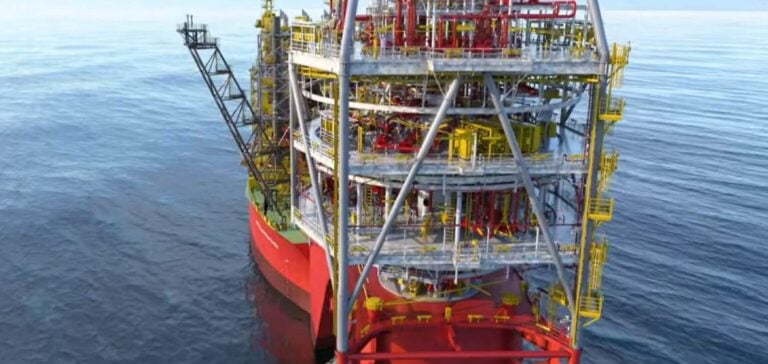Norway, a key player in the European energy sector, achieved a historic milestone in 2024 by setting a new record for natural gas production. According to the report published by the Norwegian Petroleum Directorate, the country reached a production level of 124 billion m³, surpassing the previous record of 122.8 billion m³ set in 2022. This volume was almost entirely exported to Europe, marking a strategic turning point in the continent’s energy security.
The European energy crisis, exacerbated by the war in Ukraine, has led to a drastic reduction in Russian gas deliveries. Consequently, Norway has become Europe’s primary natural gas supplier, a critical role underscored by this exceptional performance.
Drivers of the Record Performance
The Norwegian Petroleum Directorate attributes this result to several factors, including consistent operations at gas fields and technical improvements made in 2023. These advances significantly enhanced production capacity, ensuring a robust response to Europe’s energy needs.
Natural gas now represents more than 50% of Norway’s total hydrocarbon production. However, this exceptional performance is expected to decline gradually toward the end of the 2020s, according to the annual report’s forecasts.
Investments Rise Despite Calls to Limit Exploration
In 2025, investments in the Norwegian oil and gas sector are expected to reach 264 billion Norwegian kroner (23.1 billion USD), an unprecedented level since 2014. This increase reflects the country’s determination to maintain high production levels despite international pressure to reduce fossil fuel exploration.
Since 2021, the International Energy Agency (IEA) has advocated for a halt to new oil exploration projects to limit global warming to 1.5°C above pre-industrial levels. However, the IEA predicts a peak in global demand for fossil fuels, including natural gas, in the coming years, thanks to the growth of renewable energy and technologies such as electric vehicles.
This dynamic places Norway at a strategic crossroads, balancing its environmental commitments with its indispensable role in Europe’s energy supply.






















